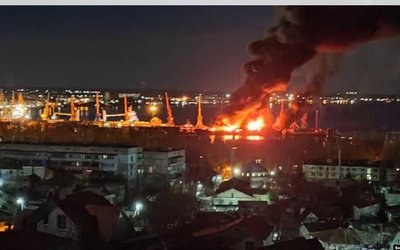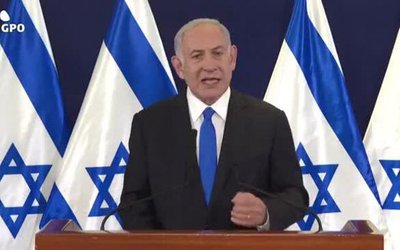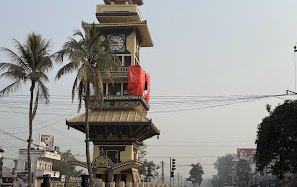Speaking in a Google Hangout Session in September 2013, United States (US) Secretary of State John Kerry warned that the war torn Syria could become another Afghanistan if the US did not help the rebels defeat Bashar Al Assad.
Three years later, Kerry’s prophecy seems to be coming true. But it is not due to US’s ‘inaction’. Instead, it is the other way round. Just a year after Kerry made the statement, the US started bombing ISIL and eventually supported rebel groups fight the Assad government. The following year, Russian Aerospace Forces began a sustained campaign of air strikes against both ISIL and the anti-Assad rebel groups. The result: a proxy in which arch-rivals US and Russia locked horns for influence over the impoverished Middle Eastern nation.
The latest of the aerial assaults following the alleged attack by Russia in a UN/Syrian Arab Red Crescent (SARC) convoy carrying humanitarian aid to Aleppo province which killed 20 civilians destroying 18 trucks, has now been termed as among the worst in five years. In light of these developments, Syria is bearing striking resemblance to Afghanistan of the 80s in terms of the devastation and instability. While it is unlikely that Syria will see an invasion from Russia in the near future, one cannot be mistaken for thinking that the current tussle between Washington and Moscow gives a déjà vu feeling of the Soviet-Afghan war of the 80s.
To begin with, in both Afghanistan and Syria, prolonged internal instability served as the background for foreign intervention. While in Afghanistan, the US took sides with the Mujahideen to topple the Soviet backed government of Babrak Karmal, in the case of Syria the instability has resulted in US supporting the Free Syrian Army (FSA) to fight against Russian backed government of Bashar Al Assad. Secondly, the intervention in both Afghanistan and Syria came at a time when relations between US and Russia were severed. Just like the cold war served as a backdrop for the Soviet-Afghan war, US’s sanctions against Russia and controversies regarding a variety of other issues are at the back of the two super powers’ involvement in Syria. There are parallels even in terms of the casualties. Half a million people have already lost their lives in Syria and it lies in complete state of disarray with no sights of stability in the near future. Similar was the consequence of the Soviet-Afghan war where almost 2 million people lost their lives and crippled Afghanistan into becoming a near failed state.
There are a few reasons to suggest that the US and Russia would want to limit their involvement and avoid being pro-actively involved in Syria. At a time when Russia is facing sanctions from the West over its actions in Ukraine, Russian President Vladmir Putin will not want to invite additional alienation by further dirtying his hands in Syria. Moreover, its dwindling economy; a result of falling oil prices and sanctions, could be another reason why Russia would not think of any radical move. More importantly, with the unique dynamic brought about by the ISIL, both Pentagon and Kremlin would gain little by escalating tensions.
Although escalating tensions might not be their option, it looks unlikely for US and Russia to end their involvement in distraught nation anytime soon. The future, like it was for Afghanistan in the 80s, is clear for Syria - a dysfunctional state with continuous infighting and devastation.
- Ukrainian Crisis And The World (Dis)Order
- Apr 22, 2022
- China’s Cautious Steps In The Graveyard Of Empires
- Aug 18, 2021
- Foreign Aid On The Fence!
- Aug 08, 2021
- Communist Party of China centenary celebrations Reading between the lips
- Jul 14, 2021
- Second Wave Of Covid-19 In India: Deadly Blow To The Economy
- Jun 23, 2021
















